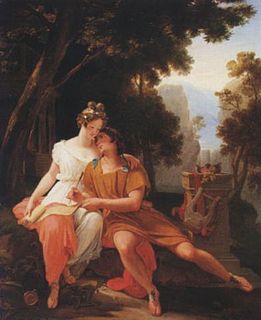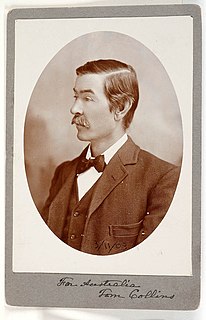A Quote by Paulo Coelho
Related Quotes
The authentic rebel knows that the silencing of all his adversaries is the last thing on earth he wishes: their extermination would deprive him and whoever else remains alive from the uniqueness, the originality, and the capacity for insight that these enemies being human also have and could share with him. If we wish the death of our enemies, we cannot talk about the community of man. In the losing of the chance for dialogue with our enemies, we are the poorer.
But they all stood beneath the cross, enemies and believers, doubters and cowards, revilers and devoted followers. His prayer, in that hour, and his forgiveness, was meant for them all, and for all their sins. The mercy and love of God are at work even in the midst of his enemies. It is the same Jesus Christ, who of his grace calls us to follow him, and whose grace saves the murderer who mocks him on the cross in his last hour.
"If a man finds it very hard to forgive injuries, let him look at a Crucifix, and think that Christ shed all His Blood for him, and not only forgave His enemies, but even prayed His Heavenly Father to forgive them also. Let him remember that when he says the Pater Noster, every day, instead of asking pardon for his sins, he is calling down vengeance on himself."






































